A growing number of influential Wall Street executives and business titans have sounded the alarm over the state of the U.S. economy.
Relentless inflation combined with the most hawkish Federal Reserve in decades have raised the specter of a recession, according to some of the most prominent CEOs in the country.
The U.S. central bank has embarked on one of the fastest monetary tightening paths in decades as it seeks to wrestle consumer prices that are still running near a 40-year high back to 2%.
In a troubling development, however, the Fed’s rate hikes have thus far failed to tame inflation: the government reported last week that the consumer price index soared 8.2% in September from the previous year, faster than expected. Even more concerning, core prices – which exclude more volatile measurements of food and gas – jumped 6.6%, the fastest since 1982.
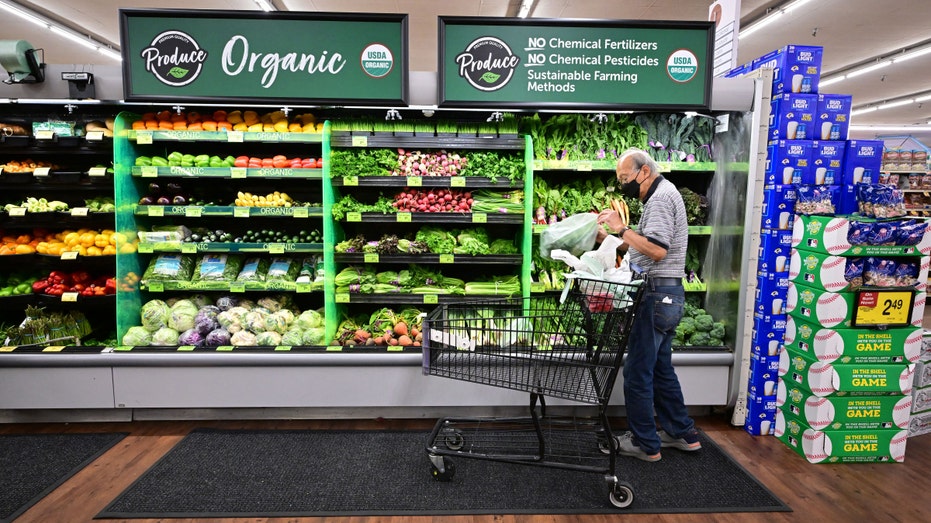
That indicates the Fed will have to continue charting its aggressive course, raising the odds that it will crush consumer demand and cause unemployment to rise.
Economic growth already contracted in the first two quarters of the year, with gross domestic product – the broadest measure of goods and services produced in a nation – shrinking by 1.6% in the winter and 0.6% in the spring, signaling the start of a technical recession.
The chorus of ominous warnings is likely unwelcome news for President Joe Biden, who has repeatedly maintained that the U.S. will avoid a recession and that any downturn will be “very slight” as he seeks to assuage voter fears about the state of the economy ahead of the pivotal midterm elections.
“I don’t think there will be a recession. If it is, it’ll be a very slight recession,” the president said last week during an interview on CNN. “That is, we’ll move down slightly.”
Here’s a look at which corporate executives see a downturn looming on the horizon.
David Solomon
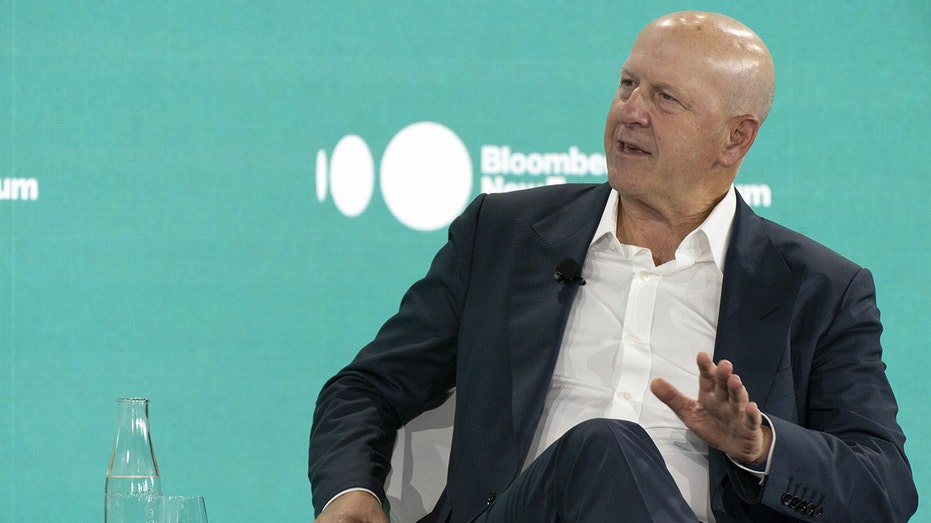
Goldman Sachs CEO David Solomon recently warned that there is a “good chance” the U.S. economy tumbles into a recession, warning investors to brace for turbulent waters ahead.
“I think you have to expect that there’s more volatility on the horizon now,” Solomon said during an interview on CNBC. “That doesn’t mean for sure that we have a really difficult economic scenario. But on the distribution of outcomes, there’s a good chance that we have a recession in the United States.”
Given the economic uncertainty as a wave of crises converges, including stubbornly high inflation and an increasingly aggressive Federal Reserve, Solomon said that it’s a “time to be cautious.”
“I think that if you’re running a risk-based business, it’s a time to think more cautiously about your risk box, your risk appetite,” he said.
While the banking executive is preparing for the likelihood of a downturn, he was more ambivalent about the possibility of a deep recession that could last for years rather than months. He indicated that government policy would play a significant role in how long the downturn lasts.
“In an environment where inflation is more embedded and growth is slower, asset appreciation will be tougher,” Solomon said. “Are we going to get rooted in that kind of a decade-long scenario? I don’t know. The policy decisions we make from here will have an impact.”
Jeff Bezos
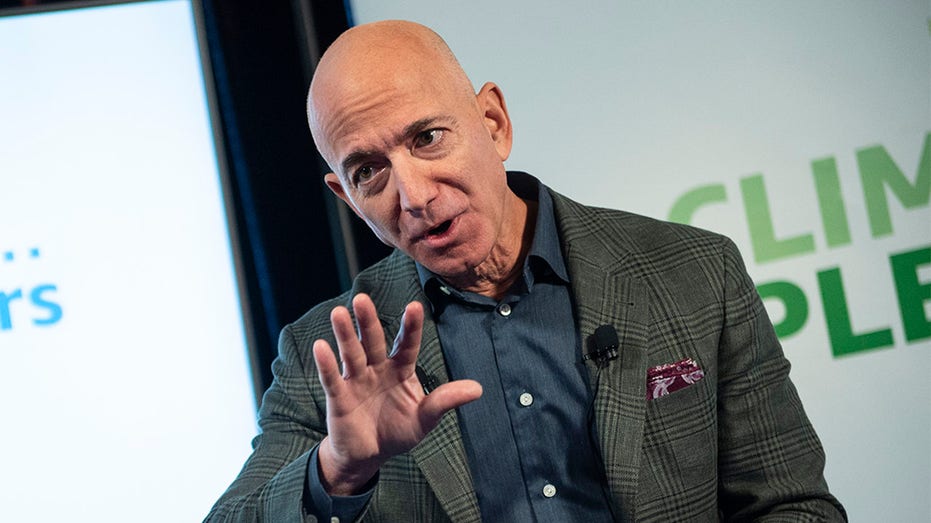
Amazon founder and chairman Jeff Bezos this week became the latest influential executive to sound the alarm over the state of the economy.
In a tweet on Tuesday evening, Bezos indicated that he agreed with comments made earlier by Solomon about the likelihood of an impending recession.
“Yep, the probabilities in this economy tell you batten down the hatches,” wrote Bezos, who is the second-wealthiest man in the world.
Elon Musk

In early August, Musk became one of the first prominent CEOs to issue a dour economic outlook: the Tesla and SpaceX executive said he estimated that the U.S. was “past peak inflation” and likely to see a “relatively mild recession” that lasts for about 18 months.
Musk, the richest person in the world, said he based his analysis on the commodity prices that Tesla is being asked to pay for materials and goods required to make electric vehicles.
The CEO based his economic analysis on the commodity prices Tesla is being asked to pay for materials and goods it needs to make electric vehicles.
“We do get a fair bit of insight into where prices of things are going over time because when you’re making millions of cars, you have to purchase commodities many months in advance of when they’re needed,” he said on Aug. 4.
Jamie Dimon
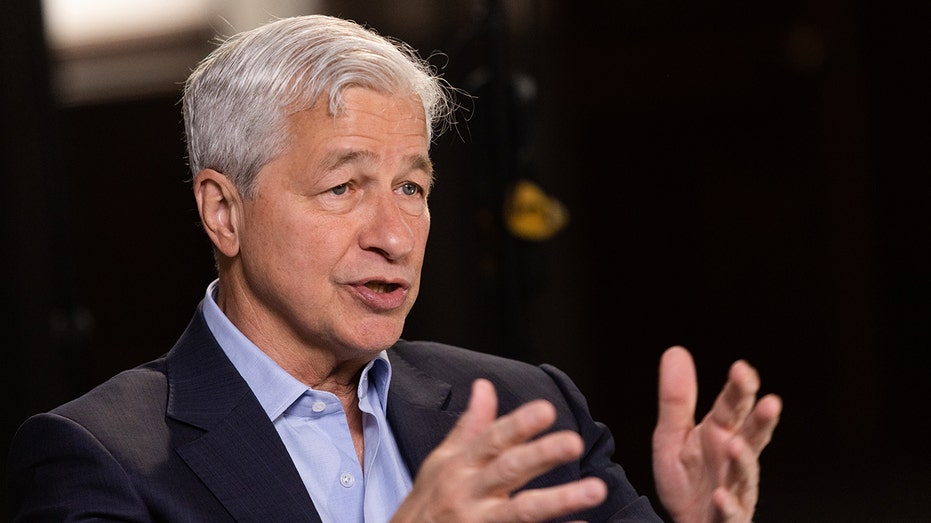
JPMorgan Chase CEO Jamie Dimon last week said that the U.S. is likely headed for a recession by mid-2023 as a result of steeper interest rates, runaway inflation, the war in Ukraine and the unknown effects of the Federal Reserve’s quantitative tightening policy.
“These are very, very serious things which I think are likely to push the U.S. and the world — I mean, Europe is already in recession — and they’re likely to put the U.S. in some kind of recession six to nine months from now,” Dimon said during an interview with CNBC on Oct. 10.
He warned that the S&P 500 could tumble another 20% due to such a downturn, with the next 20% slide likely to be “much more painful than the first.”
Earlier this year, Dimon urged investors to brace for an economic “hurricane,” warning that they need to “brace themselves.” JPMorgan, the biggest U.S. investment back, suspended its share buybacks in July shortly after Dimon made those comments.
Sundar Pichai
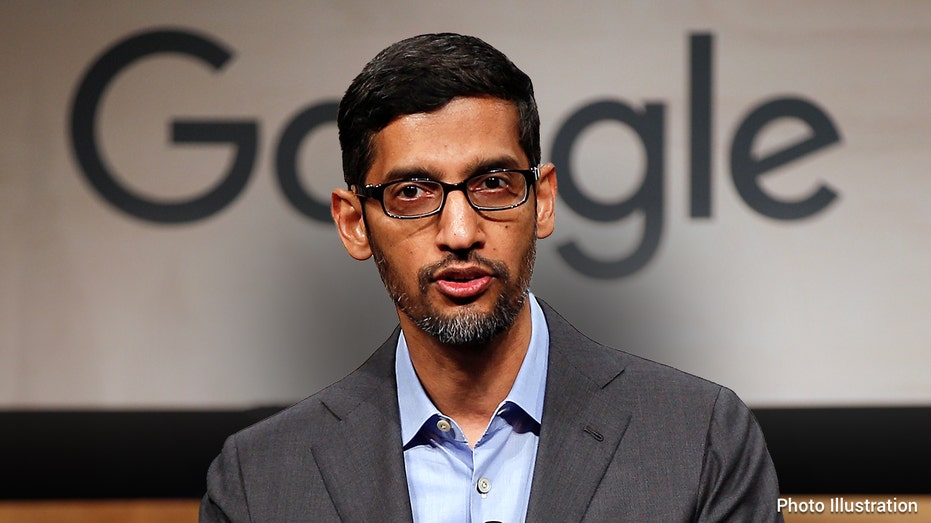
The CEO of Alphabet, the parent company of Google, warned staff in September about the “toughest macroeconomic conditions” over the past decade as it tries to prepare for the possibility of a so-called hard landing.
“Look, I hope all of you are reading the news externally,” Pichai told employees during an all-hands meeting in New York last month, according to The Street. “The fact that you know, we are being a bit more responsible through one of the toughest macroeconomic conditions underway in the past decade, I think it’s important that as a company we pull together to get through moments like this.”
Pichai’s comments came as he tried to justify the company’s drastic cost-cutting measures – including a hiring slowdown – even though profits remain strong.
“We don’t get to choose the macroeconomic conditions always,” he reportedly told employees.

